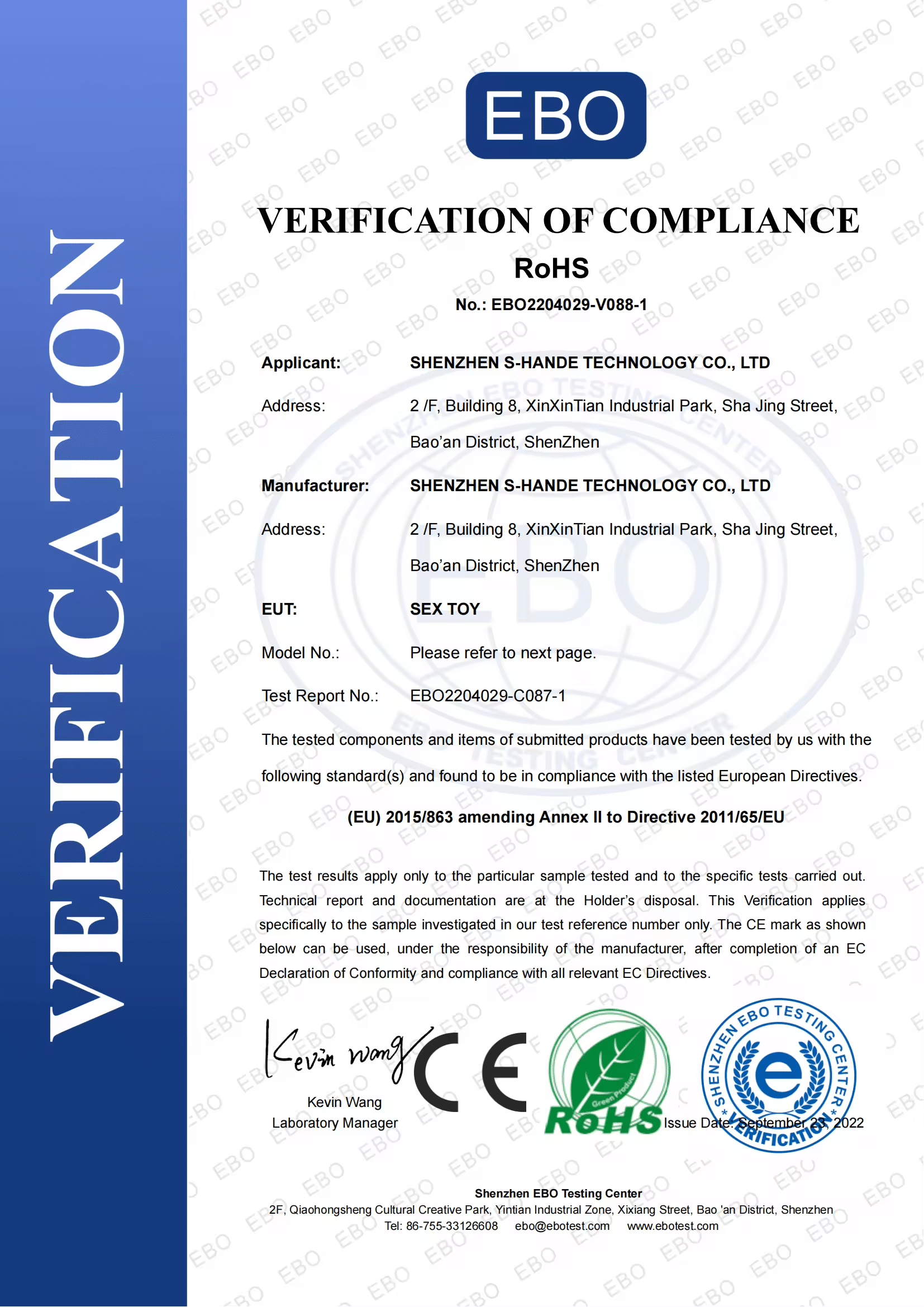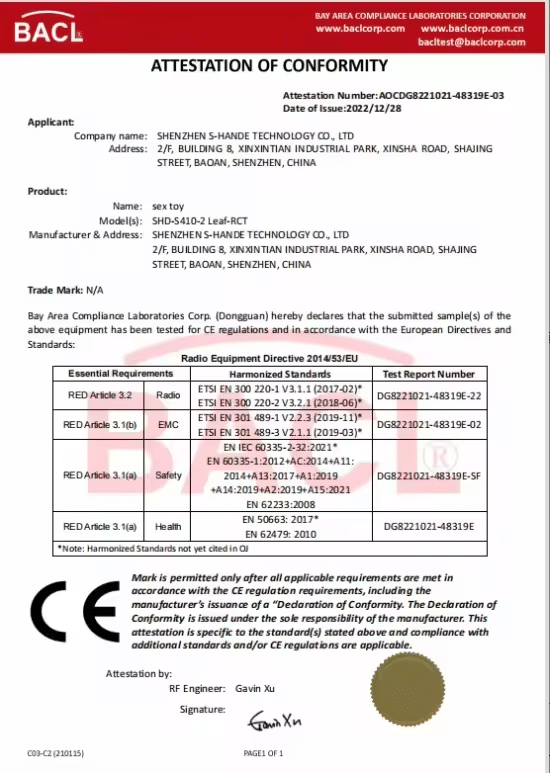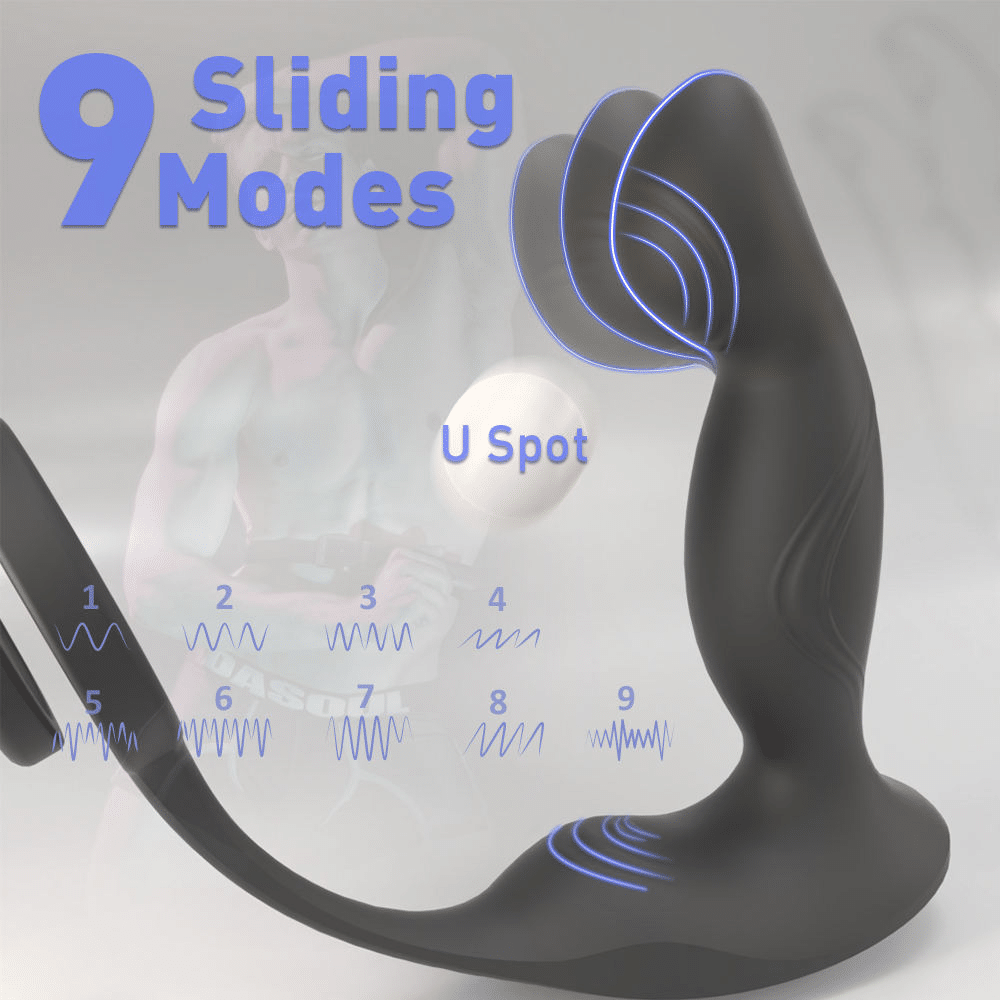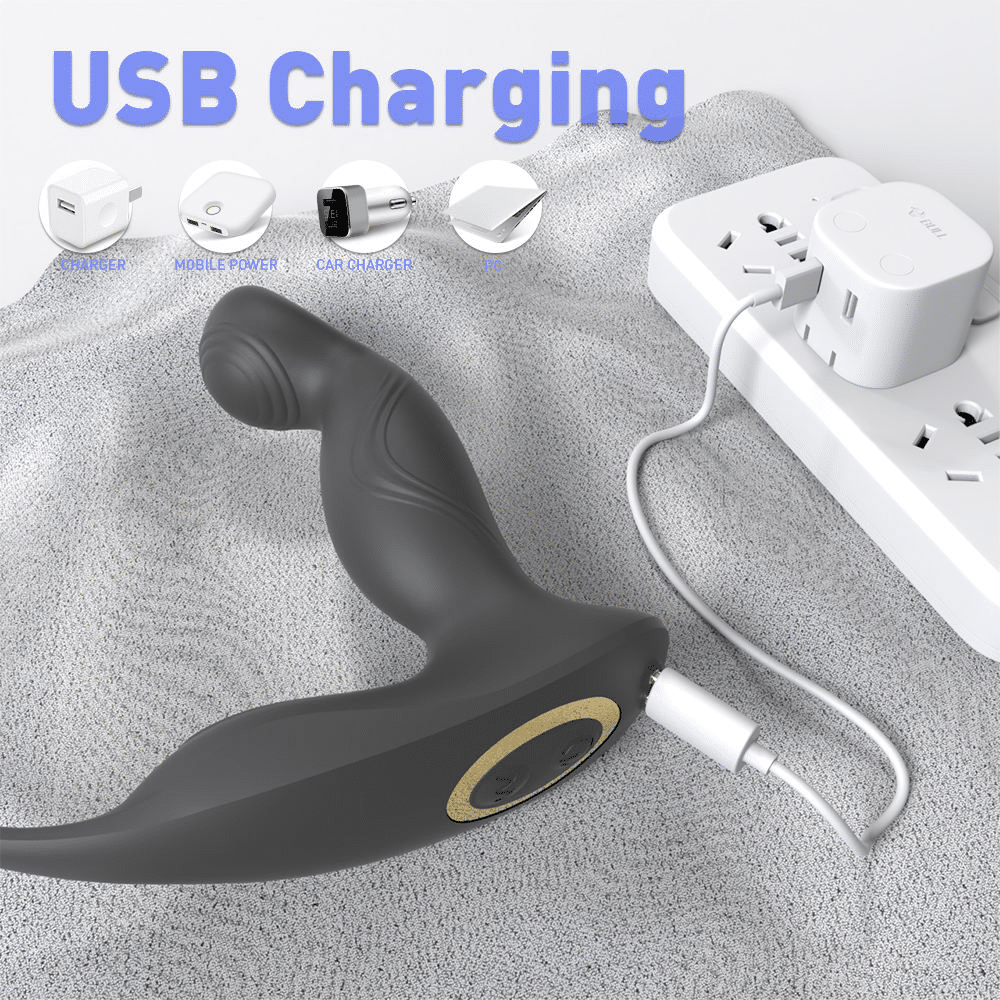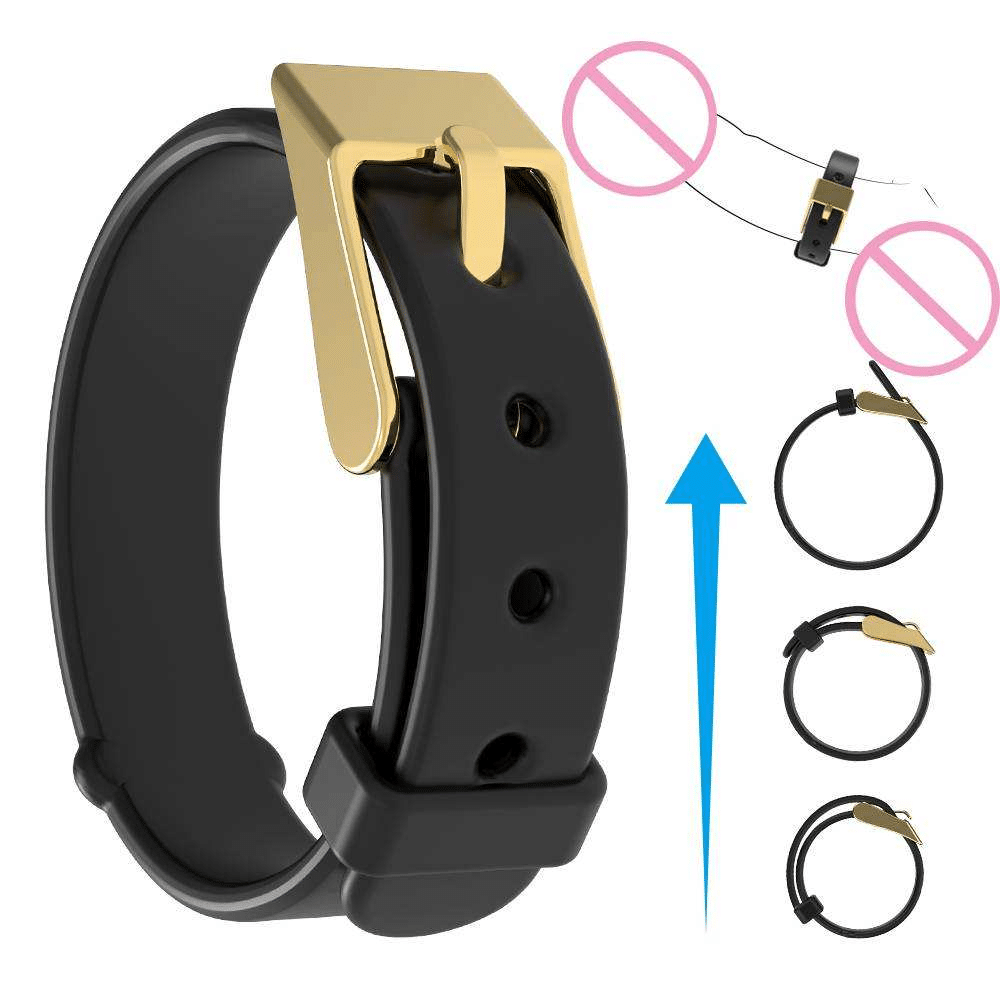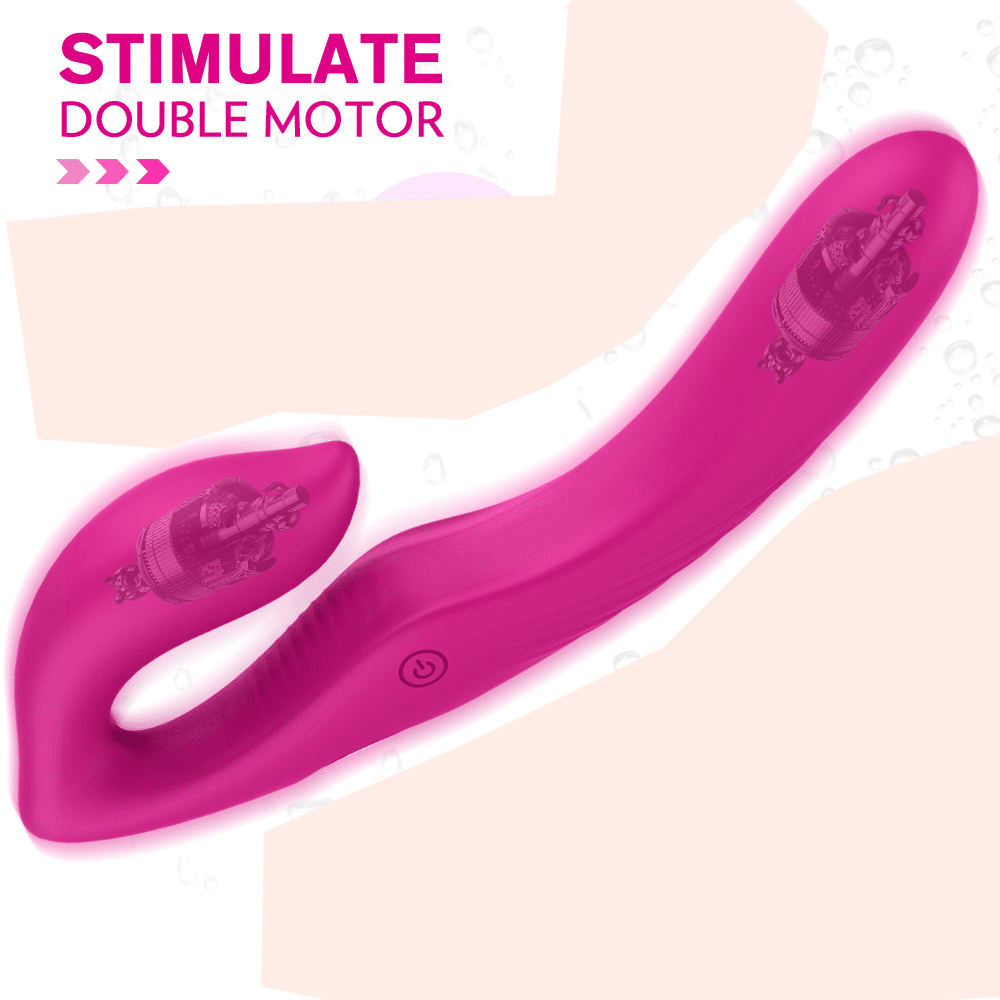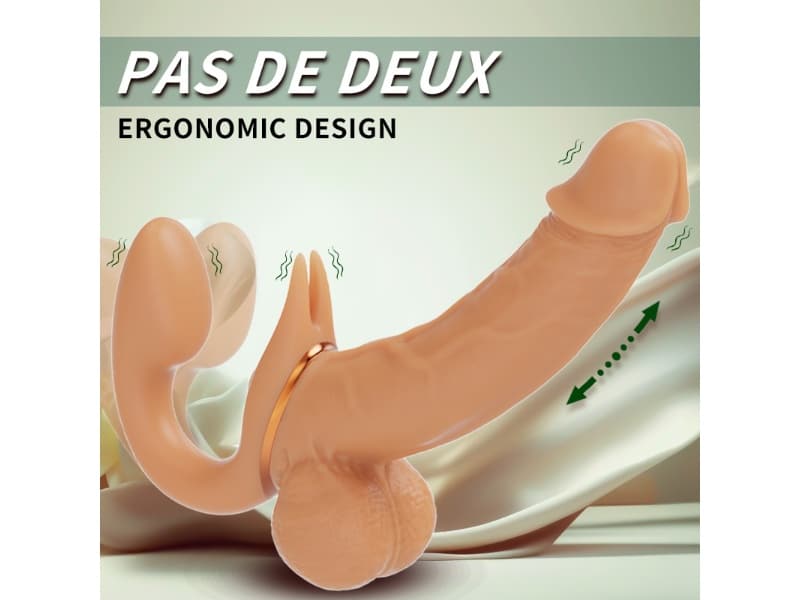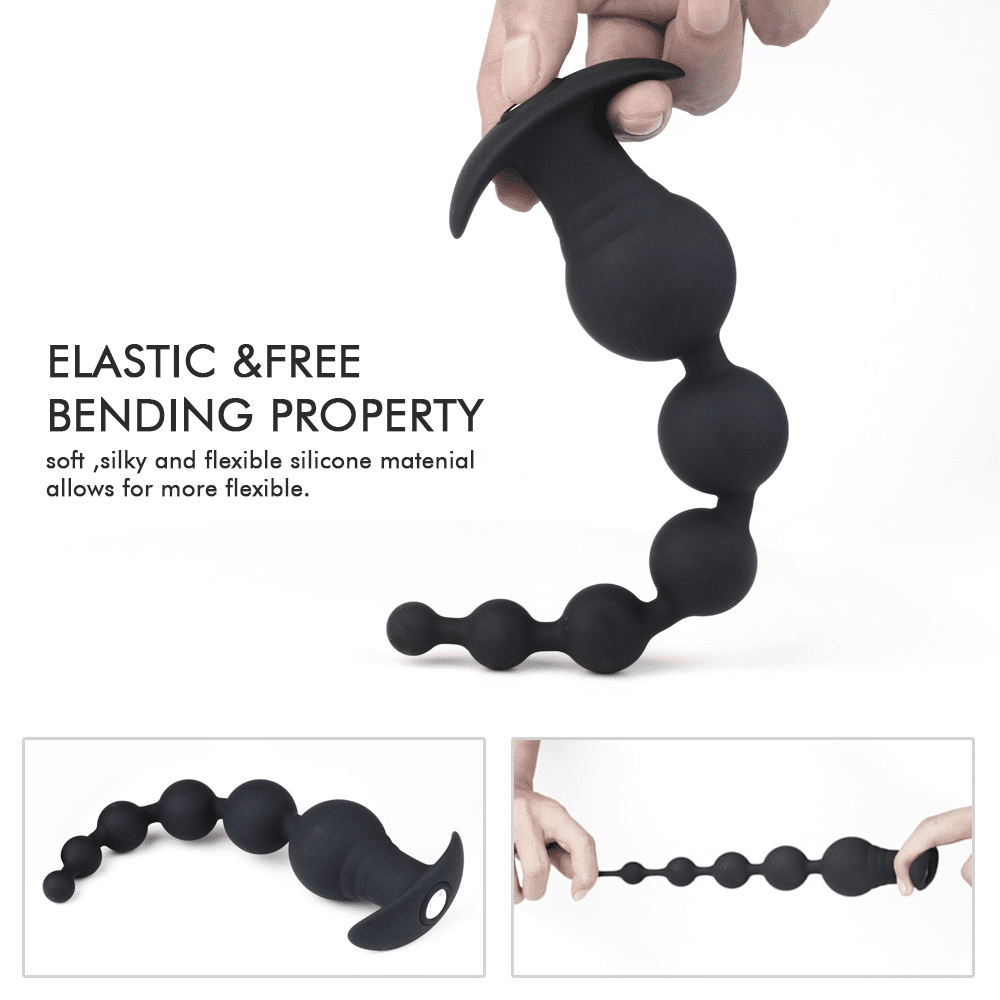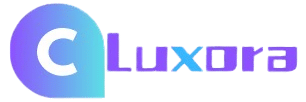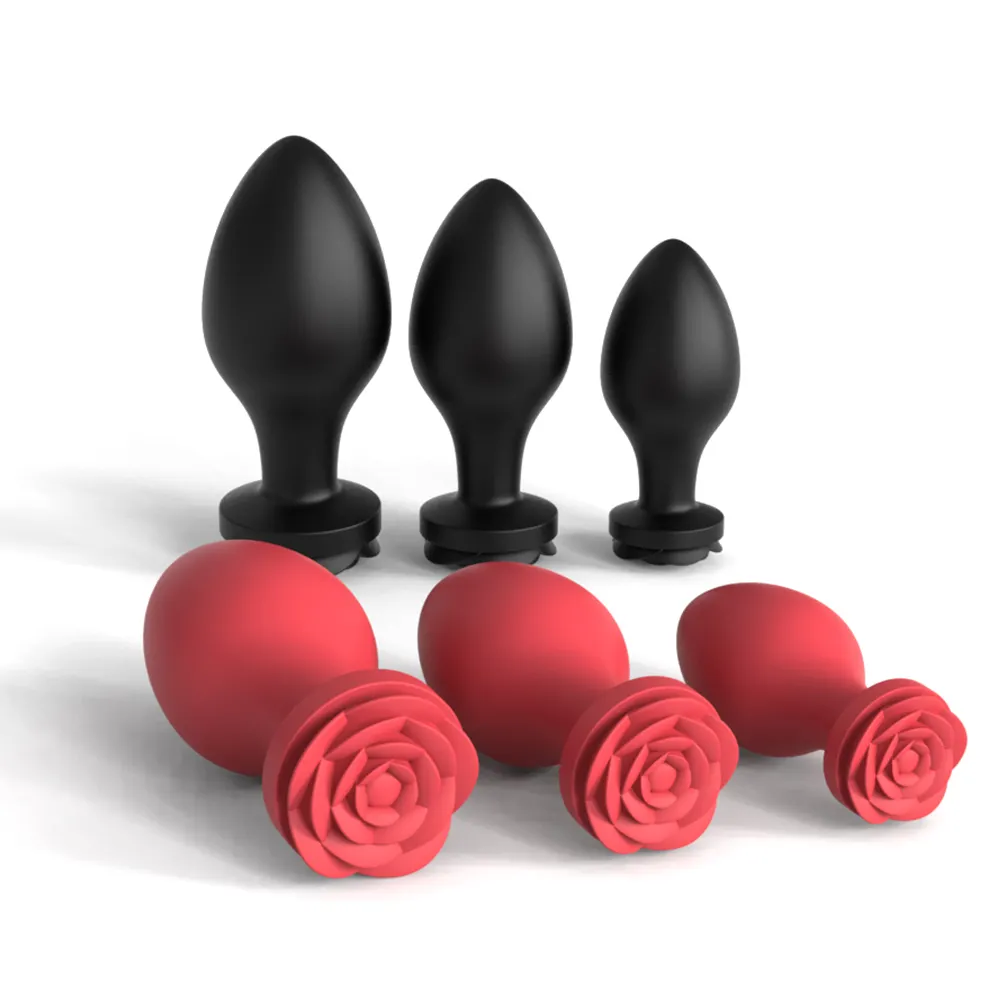Table of Contents
Toggle
“This price is so cheap!”
It’s a tempting thought, but in the adult toy industry, it might be the most dangerous one you can have.
Low prices often come at the expense of safety, quality, and your brand’s reputation.
Sourcing products without proper verification is a gamble you can’t afford to take.
At Luxora, we believe that safety is the bedrock of “Sensory Art”.
We’ll teach you how to read quality inspection reports like an expert.
You’ll learn to see the emotional value behind certifications and make strategic sourcing decisions that protect your business.
This article is a technical guide. For a complete overview of our manufacturing standards, read our Ultimate B2B Guide to Quality Control & Supply Chain.
The Real Cost of a Price-First Sourcing Strategy
Focusing solely on the lowest unit cost is a common trap for new and even experienced retailers.
The “savings” from a cheap supplier are often an illusion, masking hidden costs that surface later.
When you constantly jump between suppliers chasing a better price, you sacrifice consistency and the deep product knowledge that comes from a strategic partnership.
Think about the real choice you’re making.
It isn’t between “cheap” and “quality”—it’s between a reactive, high-risk strategy and a strategic, sustainable one.
| Sourcing Approach | Short-Term Outcome | Long-Term Risk & Impact |
| Price-Driven Sourcing | Lower initial cost per unit. | Product recalls, customer complaints, potential legal liability, damage to brand reputation, inconsistent inventory quality. |
| Value-Driven Sourcing | Higher initial cost per unit. | Strong brand loyalty, positive customer reviews, reduced risk of liability, stable supply chain, sustainable profit margins. |
What Should a Complete Quality Inspection Report Include?
A professional quality inspection file is your first line of defense.
It shouldn’t be a single document but a comprehensive package covering materials, electronics, and factory processes.
Here’s what to demand from any potential supplier. According to the European Commission (RoHS Compliance), strict adherence to hazardous substance restrictions is mandatory for market access.
| Certification Category | Key Examples & What They Mean | Why It Matters to Your Business |
| 1. Material Safety Reports | RoHS: Confirms freedom from hazardous substances (lead, mercury). REACH: Ensures chemical safety (EU). FDA: Validates materials as food-grade (US). | This is non-negotiable proof that the product is body-safe. It protects your customers from harm and your business from liability. |
| 2. Electronic Safety | CE-EMC & LVD: Guarantees no electromagnetic interference or electrical risks. FCC: Verifies electronic emissions limits (US). | These certifications ensure your products are functionally safe and legally compliant, preventing costly recalls and import issues. |
| 3. Factory System | ISO 9001: Shows the manufacturer has a certified Quality Management System (QMS). | This tells you the factory is a professional operation, not an unregulated workshop. It signals consistent quality and reliability. |
If a supplier hesitates to provide this full suite of documents or offers reports that are several years old, consider it a major red flag.
The “Emotional Value” Behind the Paperwork
Certifications are more than just technical requirements; they are powerful messages that build customer trust.
A RoHS Report is a Promise of Safety
For a customer, this certification answers a critical unspoken question: “Is this safe to use on my body?”
It transforms your product from a simple commodity into a trustworthy item they can use with confidence, knowing it’s free from harmful heavy metals and toxic chemicals.
CE Certification is a Guarantee of Reliability
This tells your customer the product won’t fail them in a moment of intimacy.
It’s an assurance against the nightmare scenarios of a device overheating, short-circuiting, or simply breaking. This reliability is the bedrock of customer loyalty.
ISO 9001 is a Mark of Professionalism
While your end customer may not know what ISO 9001 is, it’s your assurance that you’re partnering with a legitimate business.
This gives you the confidence to stake your brand’s reputation on their products, knowing they won’t suddenly change in quality.
How Luxora Ensures Your Sourcing is Worry-Free
At Luxora, we’ve built our process around eliminating the risks and headaches of B2B sourcing.
-
“All-in-One Certification” Package: We don’t wait for you to ask. Every product we offer comes with a full, up-to-date documentation package including RoHS, CE, FCC, and other relevant reports. No more chasing down paperwork or facing delays at customs.
-
Expert Interpretation and Guidance: We don’t just send you a folder of PDFs and wish you luck. Our team is trained to explain what each line of a report means for your business. I’ve seen too many retailers get burned by suppliers who disappear when technical questions arise. We’re your partners in compliance.
-
A Focus on Value, Not Just Price: We provide premium, fully certified products that you can sell with confidence. This allows you to build a brand known for safety and quality, attracting customers who become loyal advocates.
Conclusion: Make the Smart Investment
Learning to read a quality inspection report transforms you from a simple buyer into a strategic sourcing professional.
It’s the single most important skill for protecting your business and building a brand that customers trust.
Stop paying for low prices.
Start investing in safety, quality, and peace of mind.
That investment will pay dividends in customer loyalty and brand credibility for years to come.
Ready to source with confidence? Talk to a LUXORA expert about our compliance standards today.
Frequently Asked Questions (FAQ)
Q1: What does it mean if a factory cannot provide a complete quality inspection report?
A1: It’s a significant red flag.
It could indicate that they have not performed the necessary tests, failed to meet safety standards, use substandard materials, or are not a professional, compliant manufacturer.
Sourcing from them poses a high risk to your business, brand reputation, and customer safety.
Q2: Do quality inspection reports have an expiration date?
A2: Yes, certifications and reports should be current.
Standards and regulations are updated periodically (e.g., RoHS, REACH).
A report from several years ago may not reflect current production materials or processes.
It’s best practice to request reports issued within the last 1-2 years to ensure ongoing compliance.
Q3: Do Luxora’s products meet all the standards for sale in the US/EU?
A3: Absolutely. Luxora is committed to the highest safety and quality standards.
Our products are fully compliant with regulations for major markets, including CE (EMC, LVD, RoHS) for the European Union and FCC for the United States.
We provide a complete and up-to-date set of documentation for all our products.

